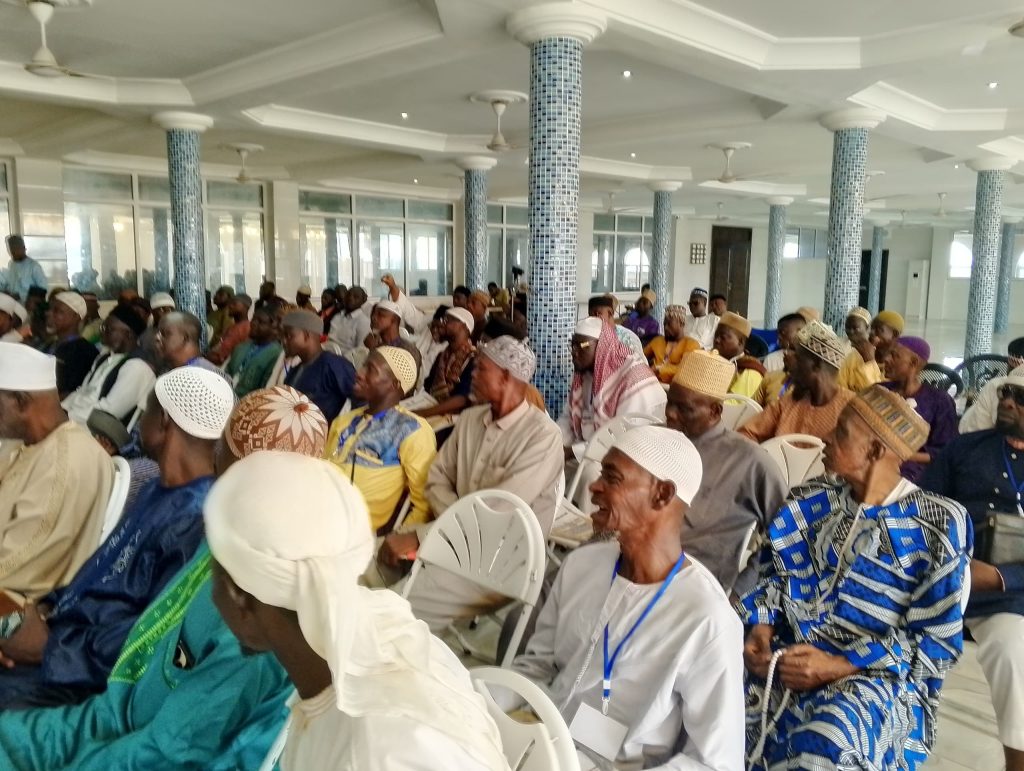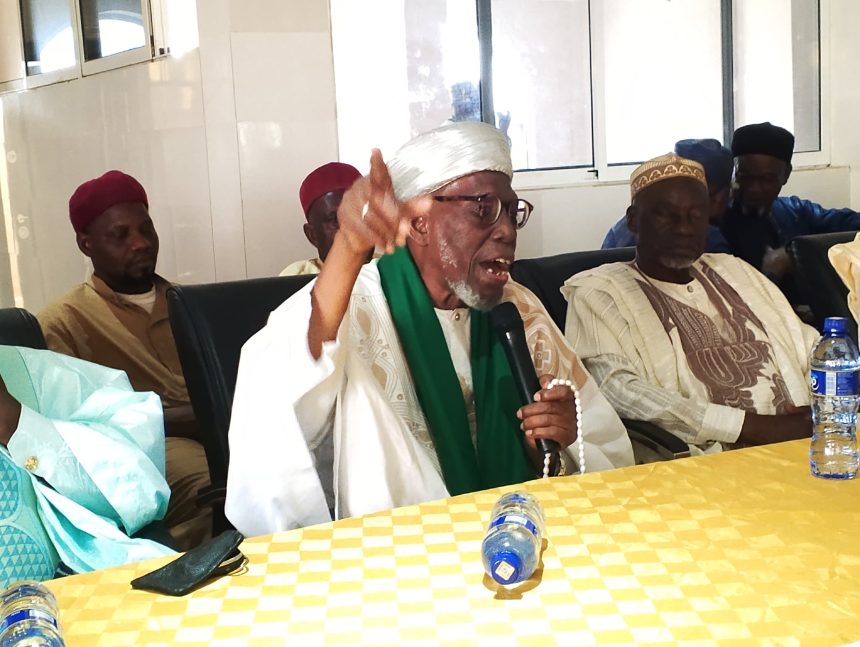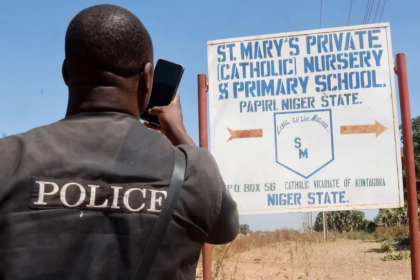Sheikh Abdul Rahman Zakaria Al Shourkry, the Ashanti Regional Chief Imam, has conferred an honour upon Alhaji Abdullahi Ali Barry, the Kumasi Zongo Nkosuohene, (Development Chief) in recognition of his exemplary contributions to the advancement of Zongo communities within the Ashanti Region.
Sheikh Zakaria explained the importance of acknowledging and appreciating the efforts of individuals within Zongo communities, emphasizing that, the Nkosuohene was no exception to this principle.
According to Sheikh Zakaria, the Quran fervently advocated for the recognition and appreciation of virtuous deeds and significant contributions to the community, establishing a profound connection between gratitude towards individuals and gratitude towards God.
Sheikh Zakaria made the conferment during the closing ceremony of a three-day training workshop organized for select district and municipal Imams in the Ashanti region, held at the Kumasi Central Mosque.
The workshop, which was the first of its kind, is expected to be organized annually in the region.
Alhaji Ali Barry was presented with a Holy Qur’an and various Hadith books to enrich his understanding of the Islamic principles of benevolence.
Hadith books comprise collections of reports elucidating the words, actions, and silent approvals of the Islamic prophet Muhammad, serving as a fundamental source of religious and moral guidance in Islam, second only to the Quran.
The workshop, themed “The Roles of Imams in Promoting Social Security and National Development,” aimed to enlighten participants on the necessity of prioritizing their personal development.
In his address regarding the relationship between Imams and state security, Sheikh Mohammed Ridwan, chairman of the Zongo Peace and Reconciliation Committee, underscored the pivotal role that Imams played in fostering robust collaboration with law enforcement, military, and local authorities, asserting that, regular dialogue could significantly enhance community vigilance.
He further stated that,Imams served as the moral compass and initial responders in conflict prevention and resolution within their respective localities thereby, necessitating their enlightenment in that regard.
Sheikh Ridwan emphasised that Imams bear the responsibility of actively collaborating with governmental agencies to address both internal and external security challenges, aiding in the counteraction of extremist and jihadist ideologies.
He emphasised that Islam was founded upon the tenets of peace, tolerance, and justice, and for this reason, Imams must lead by promoting unity and peaceful coexistence within their communities.

Sheikh Ahmed Saeed, Secretary to the Ashanti Regional Chief Imam, also raised concerns regarding certain Imams who inadvertently exacerbate familial issues during marriage disputes and inheritance matters.
He advised participants to refrain from adjudicating marriage and inheritance issues if they lacked adequate knowledge in those domains.
The Nkosuohene, on his part, expressed gratitude for the gesture extended by the Regional Chief Imam and conveyed his hope that such initiatives would persist in the future.
The event was attended by Imams from various sects, traditional leaders, women’s groups, and political representatives.
GNA.






